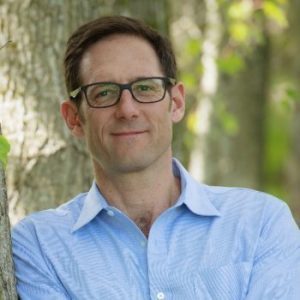Saturday Farmers’ Market Vendor Feature: Faceplant Organic Skin Care
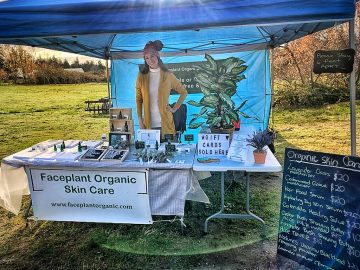 This week we are featuring Faceplant Organic Skin Care, a first-year vendor at our market! Faceplant Organic Skin Care is bringing handmade, vegan, organic, chemical, and cruelty-free skincare across the Lower Mainland with the goal of empowering customers to make conscious decisions on what goes on their body. We recently had the pleasure of chatting with co-owner, Marissa Hicks, to find out more.
This week we are featuring Faceplant Organic Skin Care, a first-year vendor at our market! Faceplant Organic Skin Care is bringing handmade, vegan, organic, chemical, and cruelty-free skincare across the Lower Mainland with the goal of empowering customers to make conscious decisions on what goes on their body. We recently had the pleasure of chatting with co-owner, Marissa Hicks, to find out more.
How long has Faceplant Organic Skin Care been around? What inspired you to start?
As a company Faceplant officially launched in February. However, it has been in the making a year before that.
I have always had an interest in skincare as I started modelling when I was 11 years old. My skin endured a lot of abuse over the years at photoshoots where makeup was piled on my face all day under bright lights. I was expected to have clear skin when I would show up to work and have makeup caked on my face all day. Then when I had my daughter and she ended up having eczema, I really started to educate myself on skincare. My mother also has rosacea, so I wanted to find skincare that wouldn’t irritate both their skin. I found it extremely frustrating that so many brands would say “organic” but then when I read the ingredients saw toxic chemicals. This inspired me to look into making my own.
 What are the three most important things you think people should know about Faceplant Organic Skin Care?
What are the three most important things you think people should know about Faceplant Organic Skin Care?
- We are trying to educate people about all the health risks associated with cosmetics. Health Canada sets limits on toxic ingredients allowed in skincare. However, a high percentage of companies use these toxic ingredients and even trace amounts when used in many products everyday build up in your system and can cause health problems. Many companies claim to be organic and non-toxic, however, they use fragrances/perfume (which are a blend of chemicals) and preservatives which many are highly toxic. There is no governing body making sure that when a brand labels their product organic or non-toxic that they actually are.
Therefore the most important aspect of Faceplant Organic Skin Care is that we are transparent about what we put in our products. We care about the health of our customers and the environment. We are chemical and preservative-free, vegan, cruelty-free, and organic.
- Another great aspect of our business is all of our products are made in small batches to ensure freshness. With products made in small batches, we are able to customize the essential oils, for example, someone may love our cream but would prefer unscented.
- community. We are working with the Sharing Farm in Richmond to grow all our needs for fresh herbs/flowers to be used in our products. All proceeds of the Sharing Farm go to the Food Bank.
 What products do you sell? Can you tell us a bit about what makes them unique?
What products do you sell? Can you tell us a bit about what makes them unique?
So far I have moisturizers, serums, shaving butters, toners, face wash, cleansing oil, shampoo, ph balancing hair rinse, detangler, mask, hair serum, deodorant, body scrub and the Calendula Healing Salve. The only non-skin care product we currently sell are smudge sticks, which are a lovely way to purify the air without the use of chemicals.
What makes them unique is how they are as natural as Mother Nature intended – Chemical-free. Good for you and the environment. We can sleep at night knowing that the products we make are not hurting you and not polluting our precious environment.
My goal is to eventually have a nontoxic alternative to every skincare product you need.
 What process goes into developing a new product?
What process goes into developing a new product?
A lot of research goes into developing a new product before formulating. I have taken skincare courses in order to successfully formulate our products and I am continually researching natural ingredients in order to create the healthiest skincare. I want to know which ingredients are best for the skin type and body area I am designing the product for. After carefully sourcing ingredients I get to play. The formulations don’t always work out as planned, but when it does, I test it on myself until I am satisfied to let others test for me. I take the feedback and tweak the products as needed and once I am confident in the outcome of the product I get it ready to sell. Which includes preparing, bottling, labelling, and delivering/shipping. At Faceplant we take care of every step of the process. This way we can guarantee the freshness and quality.
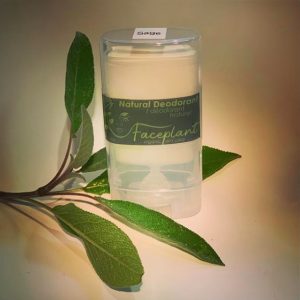 How do you select ingredients for your products?
How do you select ingredients for your products?
I stay true to Faceplants ethical beliefs;
- Never purchase ingredients from companies who test on animals
Purchase organic and vegan ingredients
- Source local
- Do not use fillers
- Choose ingredients with the highest health benefits
Why did you choose to come to the UBC Saturday Market specifically?
The setting really appealed to me. It’s very tranquil to be in a beautiful field. We are so happy with our choice to come and we will for sure be back due to how well it is run and how friendly the staff and other vendors are.
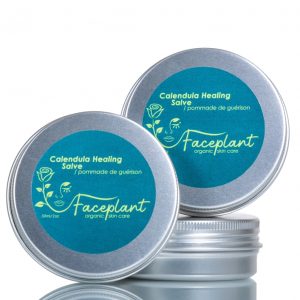 If you could only use one of your products for the rest of your life which one would it be?
If you could only use one of your products for the rest of your life which one would it be?
That’s tough because I use so many of them daily. But if I have to choose one it would be the Calendula Healing Salve. It’s a multipurpose product. Calendula has wonderful healing and hydrating properties and I specifically chose essential oils that are healing as well. I use it on bug bites, cuts, chapped lips, cuticles, dry hands, and rough feet. I carry it in my purse and use it several times a day. My daughter applies it to her eczema and several return customers also claim it helps their eczema as well.
Where else can customers find you? And is there anything else you want them to know?
We will be at all the remaining UBC markets of this season, however, all of our products are available online through our website. We have lots of gift ideas for Christmas and once you know what you want to purchase we offer free delivery within the Lower Mainland. Simply check the website to browse our products, if you order through the website it will charge you shipping. If you send us an email at faceplantorganic@gmail.com with a minimum order of $30, we can deliver
Market Dates|
Facebook Page |
Instagram |
Website
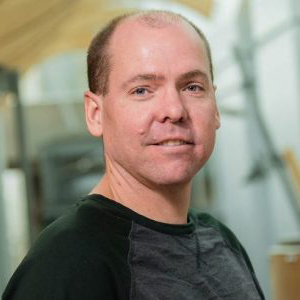
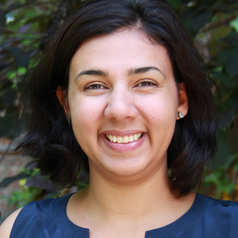

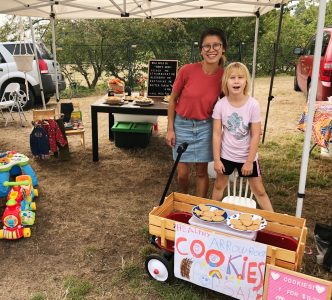 This week we are featuring Wild Child Co., a second-year vendor at our market! Wild Child Co. combines a bakery, play space, and gently used clothing boutique, for parents and kids alike to enjoy. We recently had the pleasure of chatting with owner and UBC alumni, Leah Passmore, to find out more.
This week we are featuring Wild Child Co., a second-year vendor at our market! Wild Child Co. combines a bakery, play space, and gently used clothing boutique, for parents and kids alike to enjoy. We recently had the pleasure of chatting with owner and UBC alumni, Leah Passmore, to find out more. What are the three most important things you think people should know about Wild Child Co.?
What are the three most important things you think people should know about Wild Child Co.?
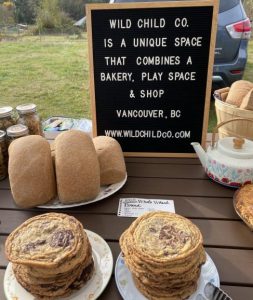 How do you source clothing? How does this connect to your zero-waste bakery?
How do you source clothing? How does this connect to your zero-waste bakery?
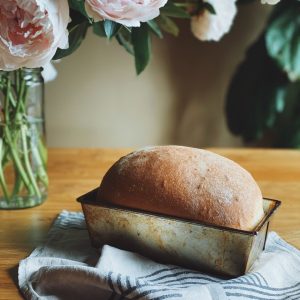 Why did you choose to come to the UBC Saturday Market specifically?
Why did you choose to come to the UBC Saturday Market specifically?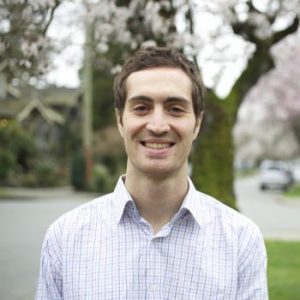
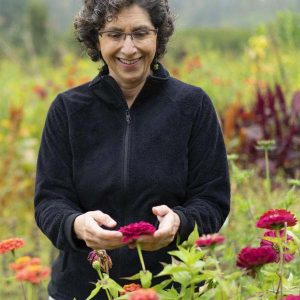
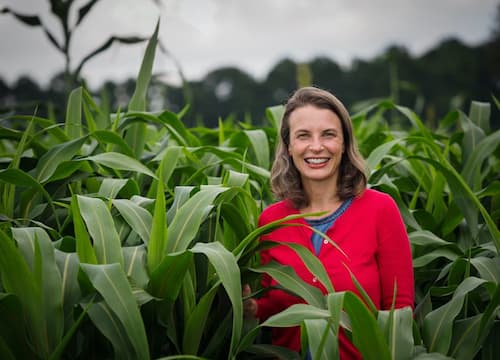
 This week we are featuring Faceplant Organic Skin Care, a first-year vendor at our market! Faceplant Organic Skin Care is bringing handmade, vegan, organic, chemical, and cruelty-free skincare across the Lower Mainland with the goal of empowering customers to make conscious decisions on what goes on their body. We recently had the pleasure of chatting with co-owner, Marissa Hicks, to find out more.
This week we are featuring Faceplant Organic Skin Care, a first-year vendor at our market! Faceplant Organic Skin Care is bringing handmade, vegan, organic, chemical, and cruelty-free skincare across the Lower Mainland with the goal of empowering customers to make conscious decisions on what goes on their body. We recently had the pleasure of chatting with co-owner, Marissa Hicks, to find out more. What are the three most important things you think people should know about Faceplant Organic Skin Care?
What are the three most important things you think people should know about Faceplant Organic Skin Care?
 What products do you sell? Can you tell us a bit about what makes them unique?
What products do you sell? Can you tell us a bit about what makes them unique?
 What process goes into developing a new product?
What process goes into developing a new product?
 How do you select ingredients for your products?
How do you select ingredients for your products?
 If you could only use one of your products for the rest of your life which one would it be?
If you could only use one of your products for the rest of your life which one would it be?
